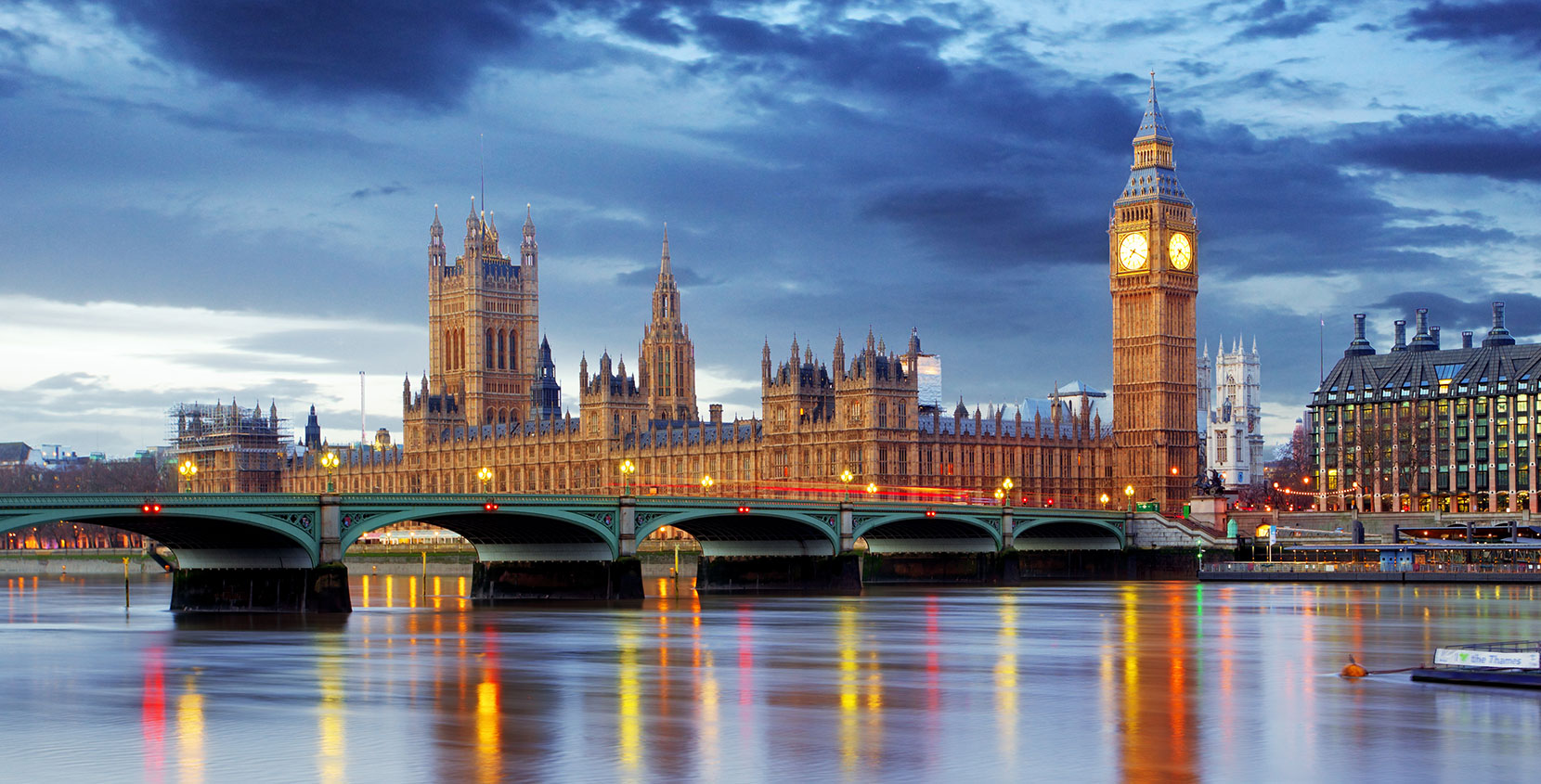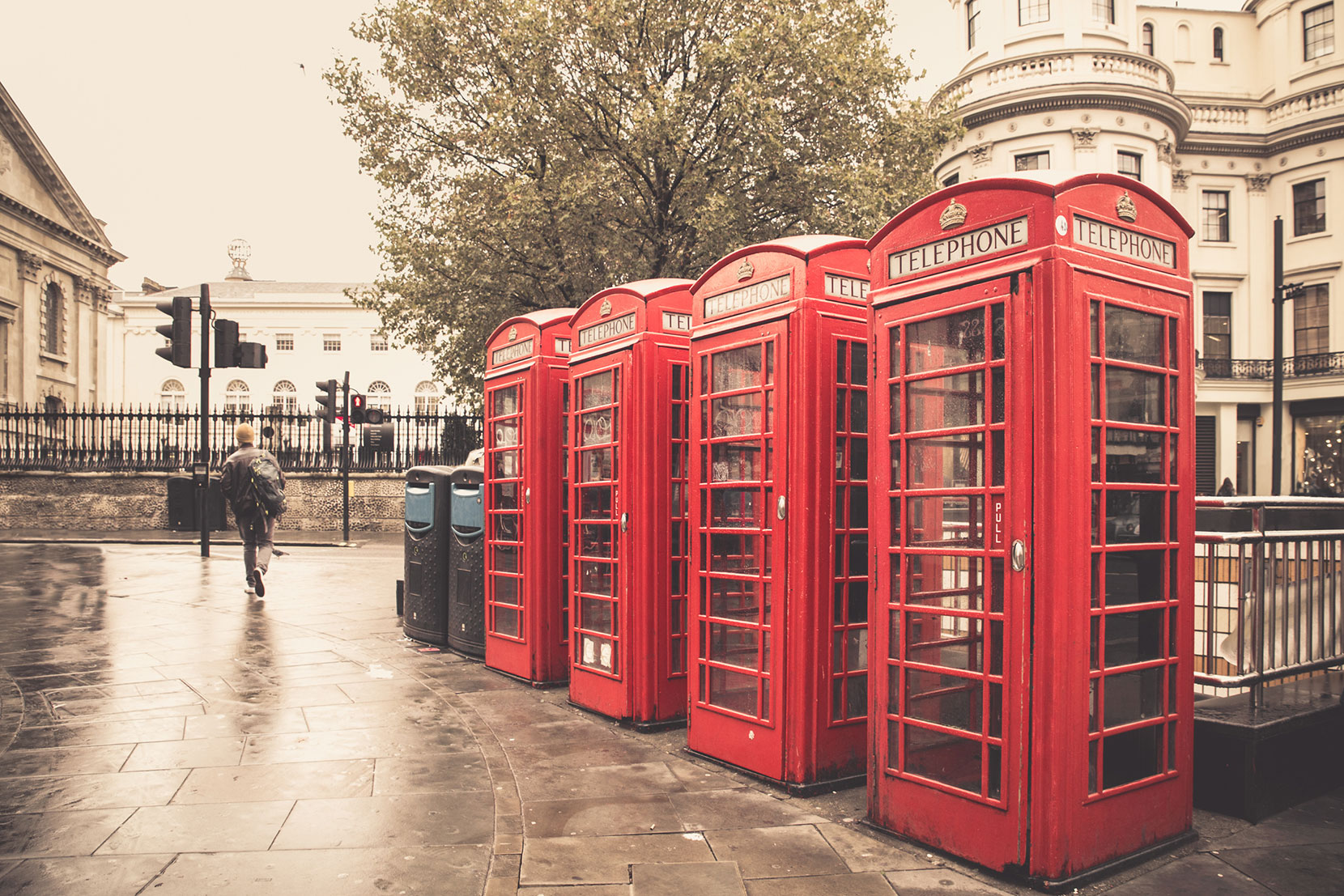10 Tips On How To Reduce Your Alcohol Intake Or Quit Drinking
Content
If you relapsed but started drinking later than you normally would have, focus on that positive. Becoming alcohol-free is a long process, but progress is progress and you need to acknowledge it, whether you moved forward a millimetre or a mile. I loved Catherine’s honest and heartbreaking account of how booze affected her relationships, health, and career as a magazine journalist. I highly recommend this book – and so do thousands of online reviewers. Many people with drinking problems cannot tell when their drinking is out of control. You likely have a drinking problem when your body depends on alcohol to function and your drinking is causing problems with your health, social life, family, or job. Recognizing that you have a drinking problem is the first step toward being alcohol-free.
- You might reach for alcohol when you’re really just thirsty, says Crews.
- Satisfying hobbies can distract you from wanting to drink, but they also help you relax — something everyone needs to do.
- They include improving your physical and mental health, leading a more fulfilling life, and not being dependent on any substances in order to feel happy and whole.
- Maybe you’d like to get a promotion at work or go back to school.
Celebrate your early morning clearheadedness with a brisk walk outdoors. Welcome the new variety of gifts from family members on holidays now that you are no longer drinking alcohol.
Make a plan.
It is not meant to be a substitute for medical advice. Always consult with a physician before seeking treatment. Please do not ignore information from your doctor because of something you saw on the Coastal Detox website.
- If you wish you could change your mindset so alcohol doesn’t have a hold over you anymore, I urge you follow Allen Carr’s Easyway to Control Alcohol.
- Your best chance of recovery is by getting combined mental health and addiction treatment from the same treatment provider or team.
- Everyone’s physiology is unique, and dropping alcohol cold-turkey can be life-threatening.
- Your doctor can evaluate your drinking patterns, diagnose any co-occurring disorders, assess your overall health, and offer treatment referrals.
- It’s much easier to avoid drinking if you don’t keep temptations around.
- Most people who try to moderate use without lowering tolerance do not find much success.
Hang a picture of your children or grandchildren over the coffee pot. Chart your weight loss on the refrigerator door to remind you how cutting out the empty calories provided by alcohol no longer affects your weight.
Being Your Recovery with Indiana Center for Recovery
That way you can estimate how many standard drinks you’re being served in a restaurant or bar that uses large glasses and generous serving sizes. Although they have fewer calories, many light beers have almost as much alcohol as regular beer—about 85% as much, or 4.2% versus 5.0% alcohol by volume, on average. Instead of fighting an urge, accept it as normal and temporary. As you ride it out, keep in mind that it will soon crest like an ocean wave and pass.

You might even want to make a vision board with pictures of the people, places, and things you want to enjoy when you’re on the road to recovery. Be excited about the new destinations that await you; you’ve earned it. We are dedicated to transforming the despair of addiction into a purposeful life of confidence, self-respect and happiness. We want to tips to quit drinking give recovering addicts the tools to return to the outside world completely substance-free and successful. Most social events often involve the consumption of alcohol. It can be difficult to stop drinking when you are surrounded by social pressures. If you decide to quit alcohol, it may be helpful to ask for support from friends and family members.
Key tips for quitting drinking #13 – get support
That is why when one wishes to reduce or even quit his/her drinking, it is important to evaluate the triggers that cause his/her excessive alcohol intake to occur. If you find that your drinking is becoming excessive, you may feel hopeless.
Why can’t I stop drinking so much?
The brain gets sensitized to the release of dopamine and over time, that enjoyment of alcohol fades, Swift said. As the brain becomes tolerant to alcohol, people need to drink more and more, in a sense, to feel good, and this begins the transition from liking alcohol to becoming addicted to it, he noted.
All the same, “a quick drink” often turns into three or four drinks. When you’re having a good time, you find it hard to stop, especially in the company of friends having the same amount. Instead of succumbing to regret and humiliation, simply resume your plan. Prepare yourself for those occasions in which you will be offered a drink. Find words that assist you respectfully but firmly refuse. Best option for long-term recovery using online substance abuse care. For individuals who are heavily dependent upon alcohol, detox is an essential first step.







